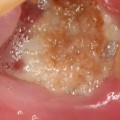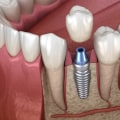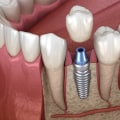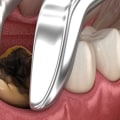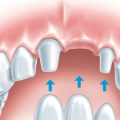Having a tooth extraction can be a stressful experience, and it's understandable if you want to have a drink afterwards. However, it's important to know that drinking alcohol after a tooth extraction can delay your recovery and cause dry alveolitis, infection, and pain. For this reason, it is recommended not to drink alcohol until granulation tissue forms in the affected area so that it can heal properly. When a tooth is removed, a blood clot forms in the area from which the tooth is extracted. This clot covers the nerves and prevents bacteria from forming.
Unfortunately, alcohol consumption can disrupt the blood clotting process, which plays an essential role in retrieving the blood. Drinking alcohol after tooth extraction can stop blood clots from forming or can dislodge them, leading to dry alveolitis and delaying the recovery period. It may take up to a week or more for granulation tissue to form in the extraction area. During this time, it's best to abstain from drinking alcohol and instead focus on drinking plenty of water and other non-alcoholic beverages. This will help ensure a successful recovery and allow you to smile again. Despite the many advances in dental technology and sedation dentistry, tooth extraction is still a stressful experience and no one can blame you for wanting to have a drink afterwards.
However, it's important to remember that drinking alcohol after tooth extraction can delay your recovery and cause dry alveolitis, infection, and pain. For this reason, it is recommended not to drink alcohol until granulation tissue forms in the affected area so that it can heal properly.

